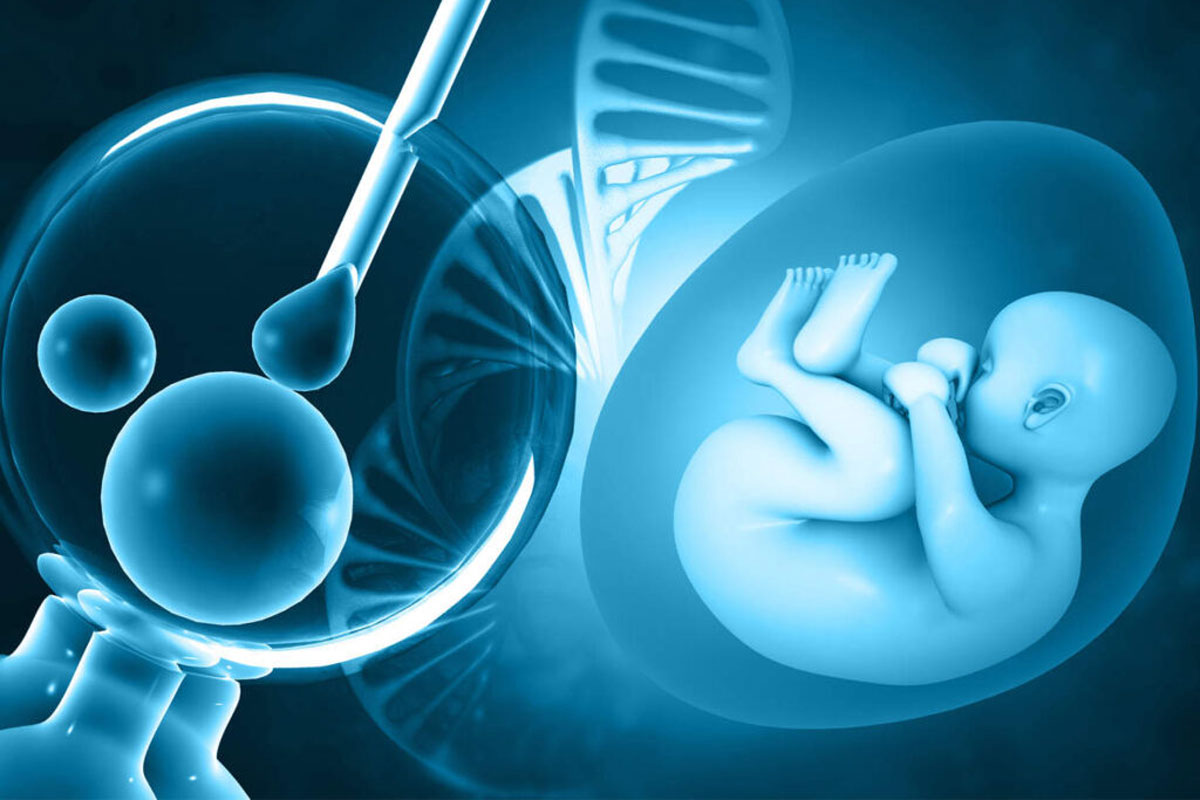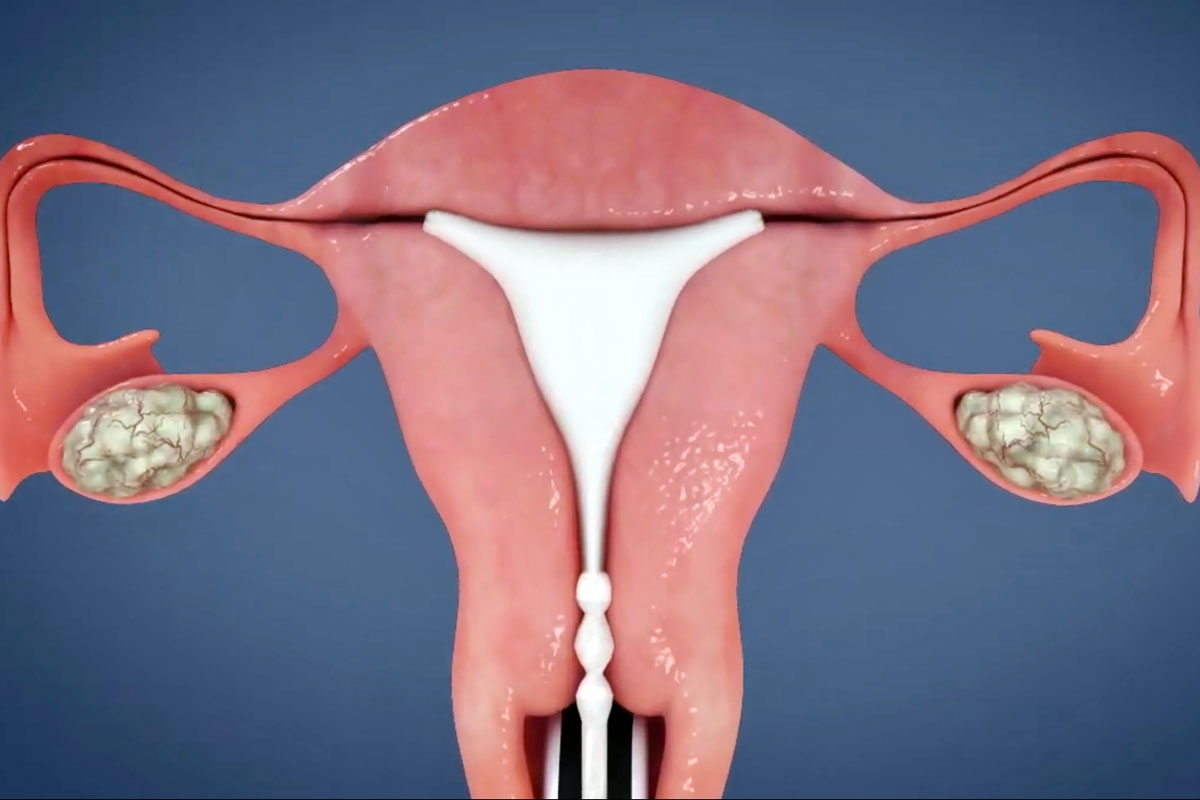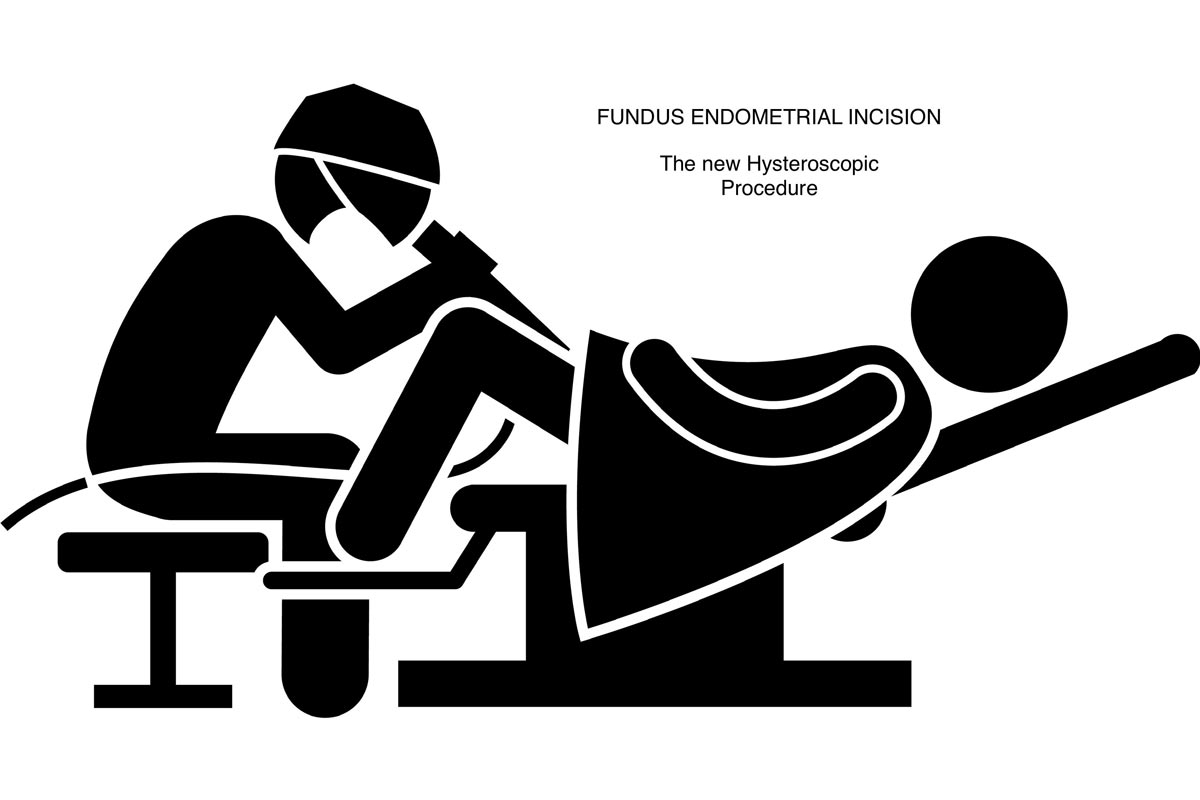Cystic fibrosis (CF) is one of the most common inherited diseases in the Caucasian population. It is caused by a failure of a protein that maintains the chloride (salt) balance in the body. CF causes the body to produce thick, sticky mucus that can cause breathing problems and lung infections, digestive problems (difficulty absorbing some types of foods), and infertility. CF does not cause mental retardation or birth defects.
The symptoms of CF may vary from person to person. Some health problems caused by CF can be treated, but the disease itself cannot be cured. Most people with CF have a shortened life span; some will not survive past early childhood, but others will live into their 40s or longer. The average survival of people with CF is about 36.5 years.
What causes cystic fibrosis?
Cystic fibrosis is caused by an altered gene that a person inherits from his or her parents. CF is inherited in a recessive manner, which means both parents must be carriers to have an affected child. A person who has no family history of CF and no children with CF can still be a CF carrier. A CF carrier will not have CF-related health problems but may have children with cystic fibrosis if his or her partner is also a CF carrier. When both parents are carriers of CF, there is a 25% (1 in 4) chance with each pregnancy that the child will have cystic fibrosis.
Who is at risk for cystic fibrosis?
Cystic fibrosis is found in all ethnic groups, but is most common in Caucasians.4 About 1 in 2500 Caucasians is born with the disease.3'4 The carrier frequency of several ethnic groups is shown below. The chance of being a carrier is greater for those who have a family history of CR
| Racial or ethnic group | Carrier rate |
|---|---|
| Ashkenazi Jewish | 1/25 |
| Caucasian (non-Hispanic) | 1/25 |
| Hispanic American | 1/46 |
| African American | 1/90 |
Carrier testing is a special test involving the cystic fibrosis gene. Genes are found in the body's cells, and each gene contains a molecular code that determines how cells function. If there is a problem (called a mutation) in a gene, it may not work properly. CF carrier testing is a blood test that looks for mutations in the CF gene.
There are many possible CF gene mutations. Some are rare, and there may be some that have not been discovered yet. A negative test significantly lowers the chance that a \ person is a CF carrier, but there is still a small chance that a rare mutation may be present. The following table shows the chance of being a CF carrier when the test is negative.
| Ethnicity | Carrier detection rate for the32 CF mut/s | CF carrier risk prior to test | CF carrier risk after a negative result for 32 mut/s |
|---|---|---|---|
| Ashkenazi Jewish | 97% | 1/25 | 1/8004 |
| Caucasian (non-Hispanic) | 90% | 1/25 | 1/2404 |
| Hispanic American | 73% | 1/46 | 1/1686 |
| African American | 69% | 1/90 | 1/2074 |
| Asian American | 55% | 1/90 | 1/1986 |
This table applies only to people without a family history of CF. Genetic laboratorys also offers an expanded carrier test that looks for additional CF mutations that may be useful for individuals with a family history of CF or other special situations. If the CF test indicates a person is a carrier, the next step is to test his or her partner. Both parents must be carriers to have an affected child. If the partner has a negative test result, the chance of having a baby with CF is very low. If the test is positive, the couple has a 25% chance with each pregnancy of having a child with CF.
There are several options for couples who are at risk of having a child with cystic fibrosis. Many include personal choices that are best discussed with a health care provider. A genetic counselor is a special type of health care provider who has expertise in genetic disorders such as CF, genetic testing, and the choices available to a couple during pregnancy. Two available options that may be discussed with a genetic counselor are chorionic villus sampling (CVS), a test done between 10 and 14 weeks of gestation, and amniocentesis, a test done between 15 and 20 weeks of gestation. Other options are available and can be discussed with your health care provider.
Cystic fibrosis is a common disorder in Caucasians. The American College of Obstetricians and Gynecologists (ACOG) and the American College of Medical Genetics (ACMG) have recommended that carrier screening be offered to all Caucasian couples who are pregnant or considering pregnancy and made available to all patients. CF testing is not required; it is an option. Couples might choose to have carrier screening if prenatal diagnosis for CF is important to them, or if they want early diagnosis and treatment for their children at risk for CF. Choosing CF carrier screening is a personal choice that should be discussed with a health care provider or genetic counselor.












